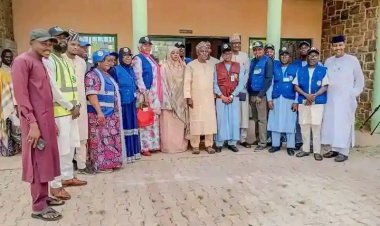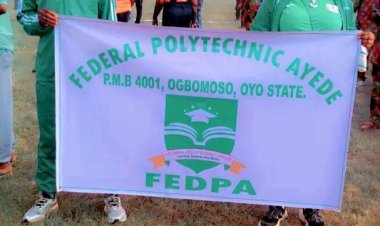Human Beings, Greatest Threat to Fisheries - UNICAL DON
UNICAL DON Prof. Daniel Ekanem Amah-Abasi has identified human beings as the greatest threat to fisheries, saying their ' irresponsible' attitude
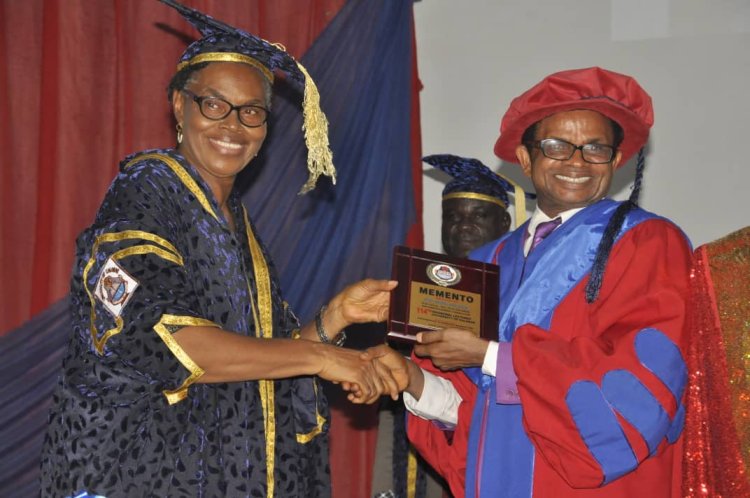
UNICAL DON Prof. Daniel Ekanem Amah-Abasi has identified human beings as the greatest threat to fisheries, saying their ' irresponsible' attitude.
The 114th Inaugural lecturer of the University of Calabar, Prof. Daniel Ekanem Amah-Abasi has identified human beings as the greatest threat to fisheries, saying their ' irresponsible' attitude has led to the obviously scanty fish population.
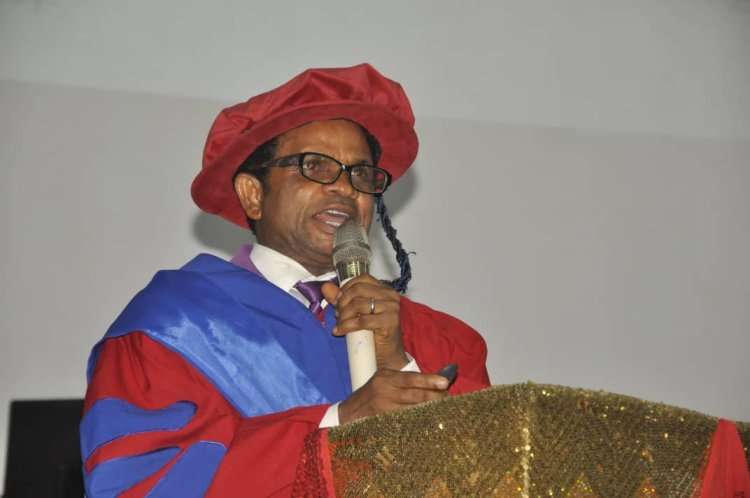
Prof. Ama-Abasi stated this at the institution's International Conference Centre while delivering the institution's 114th inaugural lecture on the topic: " The Ichthyfaunal Migration And Anthropogenic Perturbations, the Good, the Bad, and the Ugly".
According to him, fish remain a rich source of food, diet diversity, income and employment but the man’s activities are threatening its existence.
Amah-Abasi, a Professor of Fisheries and Aquaculture and former Director of the Institute of Oceanography opined that humans frustrate fish by catching them beyond what they should during their migrations, adding that, catching babies and pregnant ones are unacceptable.
He said human beings not only catch fish, but they also destroy the ' maternity and post-natal wards' of these fishes through the destruction of mangroves for fuel wood or for boat making and coastal development.
The inaugural lecturer said human beings also build barricades by way of dams, to obstruct fish from going to their maternity for delivery, maintaining that, this act threatens the fish population.
The Don said this unwholesome practice also threatens human existence through food insecurity, poverty and violent conflicts.
Prof. Amah-Abasi also called on people to desist from buying and eating ' juvenile' fish, adding that, when that is done, those who catch them will cease harvesting them.
He advised fishermen to use nets of appropriate mesh sizes to enable the escape of the young fish, so they can grow to maturity and produce at least once before they are captured.
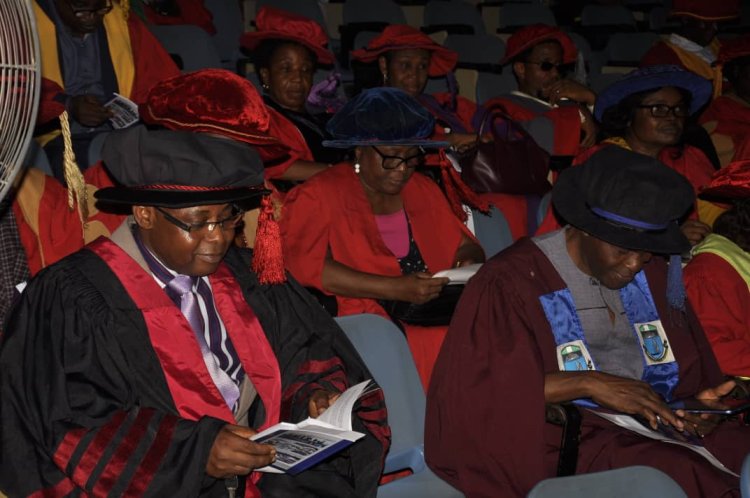
This came as he called on Government to move away from the mono-economy of total reliance on oil and diversify its economy and become more involved in the fisheries sub-sector by not only formulating relevant laws and regulations for fisheries management but ensuring that these laws are enforced, thereby leading to responsible exploitation of this natural resource.
Prof. Amah-Abasi also tasked relevant Government Ministries, including the Ministries of Agriculture, Environment, Forestry and Wildlife and the Department of Fisheries to embark on intensive awareness creation on the adverse effects of harvesting juvenile and pregnant fishes, and exploitation of the mangrove vegetation.
He thanked the Vice Chancellor for providing an enabling environment for him to pay his ' intellectual debt' to the University and described her as a ' dependable' friend.
The Vice Chancellor of the institution, Prof. Florence Obi who was the Chairman and Chief host at the event, said she was thrilled by the inaugural lecturer's wealth of knowledge in fisheries, saying his numerous contributions to the growth of the University will be remembered for many years to come.
Represented by the Deputy Vice-Chancellor ( Administration), Prof. Eno Grace Nta, the University helmsman urged young academics, especially those in the field of fishery and aquaculture, to tap into Prof. Amah-Abasi's experience in the academic world if they must distinguish themselves in their chosen profession.
Highpoint of the lecture was the presentation of a memento to the inaugural lecturer by the Deputy Vice-Chancellor ( Administration) on behalf of the Vice Chancellor.


